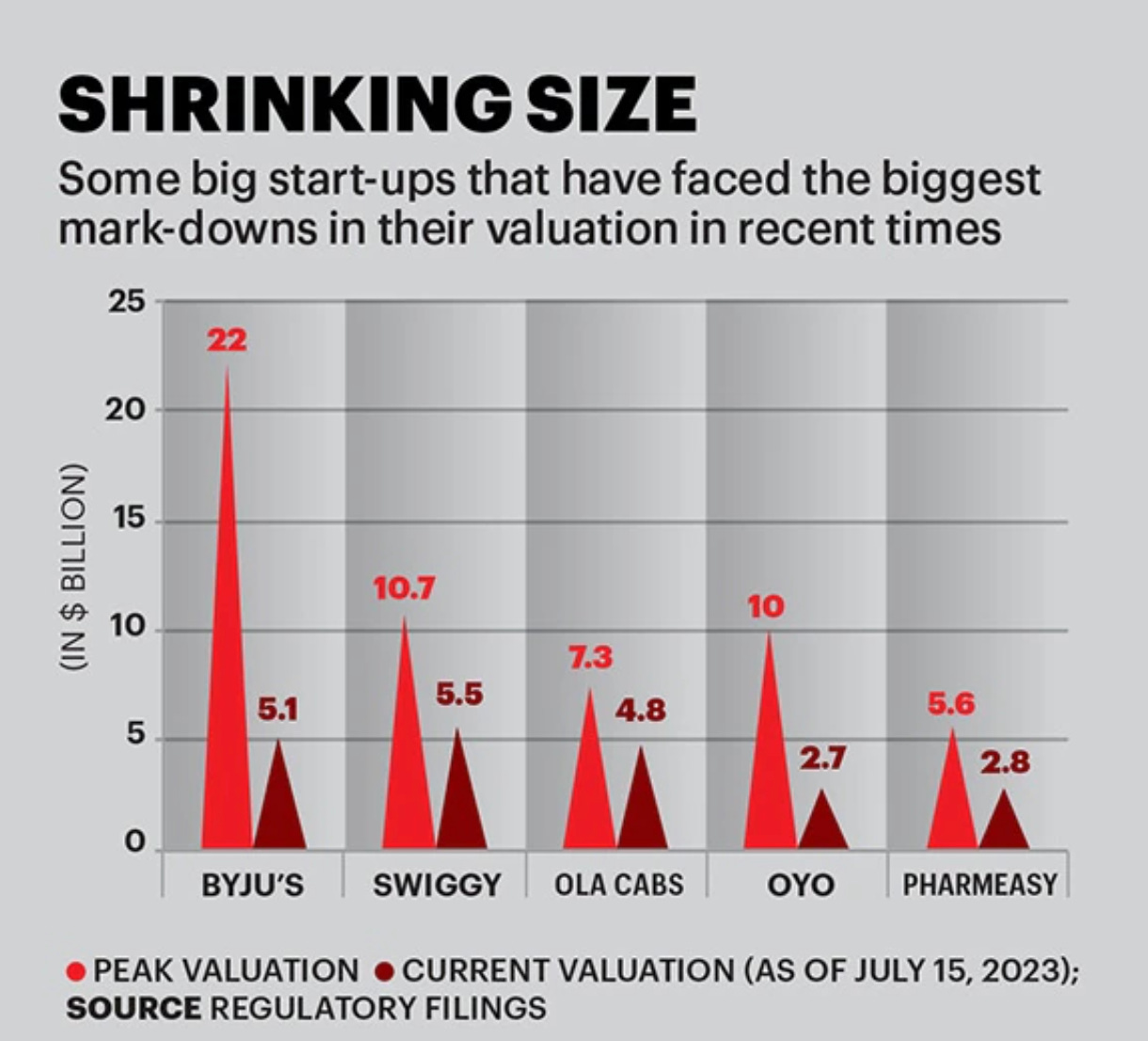The Hero Complex plaguing tech scaleups
#1 reason why tech companies plateau or fail is because of internal turmoil..

The Hero Complex, in plain and simple words
Did you notice the recent Twitter spat that led to Ola Electric losing 9% of its share value? When companies rely heavily on just a few key individuals, they are vulnerable to what's known as "Key Man Risk."
A broader concept behind this is the “Hero Complex.” It occurs when companies become overly dependent on a few key people—whether executives or operators—to drive growth and solve problems. While these individuals are often essential early on, this reliance becomes a major hurdle when scaling. Instead of building sustainable processes, companies focus too much on a few heroes, making long-term growth unsustainable. Since no individual can scale themselves indefinitely, organizations constantly look for new heroes, creating a cycle of limited success.
Growing pains of not growing up (for companies)
Elad Gil's book High Growth Handbook emphasizes a crucial point: different stages of a company require different leaders. While some executives scale with the company as its needs evolve, most do not, and recognizing this is vital for anyone building a business.
I’ve witnessed this firsthand. In our region, Series B and C companies are especially prone to these problems, primarily driven by the “Hero Complex.” Organizations often hit roadblocks at this stage because they haven’t transitioned from being founder—or key-person—driven to a process-oriented model. They either don’t scale up their systems or fail to recognize the need to do so.
This issue seems to have played a significant role in the recent valuation resets for companies like OYO Rooms and Byju’s. While the drying up of capital has certainly contributed, insiders often reveal that risky bets and poor execution were also major factors. At Beam, we faced similar issues with Key Man Risks, enduring some painful lessons along the way—guilty as charged.
(courtesy: Times of India, article in 2023)
The Hero individual doesn’t scale beyond a point.
Hero worship runs deep in our culture, especially in India and Southeast Asia, where we idolize movie stars, cricketers, politicians, and other influential figures. This mindset spills over into the corporate world, leading to an over-reliance on individuals to “save the day.”
As companies grow, key individuals inevitably reach a limit on the number of decisions they can effectively make daily, monthly, or yearly. Their limited time becomes a significant bottleneck. This is where company culture, processes, and values must come into play. Successful organizations break down complex challenges into smaller tasks, creating systems, methods, and checks and balances to ensure smooth operations.
But doesn’t adding processes slow companies down?
The speed vs. precision battle is the centre of scaling up
Those who strike the right balance become the Amazons of the world. While Jeff Bezos may have mastered it for Amazon, the balance between speed and precision varies depending on circumstances and risk levels. This ongoing debate lies at the heart of building strong organizations and moving away from a dependence on individual heroes.
We often blame a lack of market depth for why some companies fail to reach their full potential, but internal missteps are more often than not a bigger factor. One key issue is the lack of persistent long-term value creation. Many startups prioritize fast decision-making at the expense of a structured approach, which, although slower, becomes more scalable as organizations grow. The balance between speed and precision defines how companies expand into new markets.
For example, friends at Google talk about the numerous layers of decision-making required to get things done. While this can slow the company down, it also creates a buffer of protection. Some argue that Google has leaned too far into slow processes, opening the door for challengers to disrupt its ad revenue. Could Google become the next Blackberry in the AI battle? We’ll have to wait and see.
Learning from My Journey
Transitioning from a startup to a larger company has taught me a lot. Companies like Flipkart, Shopee, and Agoda stand out for their ability to maintain speed while scaling. They’ve mastered the balance between growth and operational efficiency, ensuring a solid ROI despite growing headcounts. A critical factor in their success is reliance on well-established processes rather than individual heroes. Problems are dissected and addressed through efficient systems, with data-driven decision-making helping to reduce response times. These regional champions continue to thrive, even as global players lose their edge to overly bureaucratic processes.
Food for Thought
One radical idea to tackle this is to adopt a multi-HQ approach to decision-making—think AWS and Amazon.
Let me know what you think about this!




